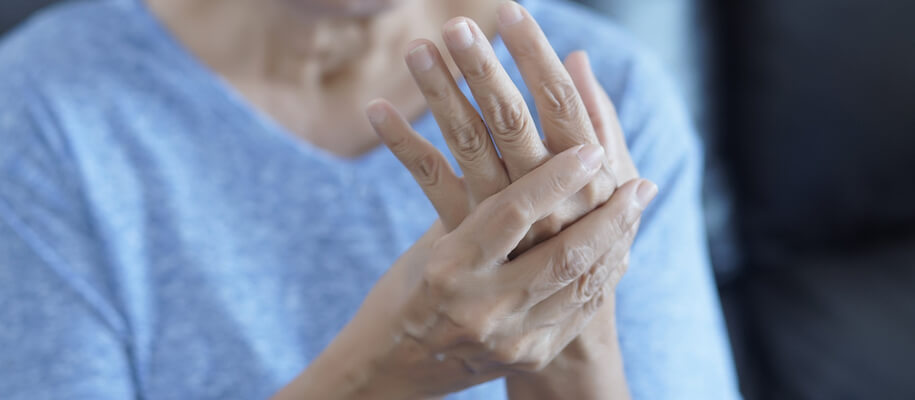Simple Ways to Help Unhoused Seniors Manage Chronic Pain

Simple Ways to Help Unhoused Seniors Manage Chronic Pain
October 5, 2020 0 Comment Category: Respite CareAround 20% of adults in the US live with chronic pain, which means that it affects unhoused seniors and veterans in our communities. The Centers for Disease Control and Prevention reports say that around 20 million people have trouble managing their day-to-day lives due to severe pain. This problem becomes all the more difficult to manage when living on the streets and may drive persons to begin using drugs and causing addiction problems. Below are some tips by respite care services and what services they offer in order to help unhoused seniors in their medical management.
Plan the Diet Well
Daily diet can play a significant role in increasing or decreasing inflammation in the body. That is why you should understand which foods are good for seniors and should be avoided in the meal plan. As inflammation can ramp-up pain, particularly for those with osteoarthritis, you should include foods that would help to fight inflammation as well. Moving elderly chronic pain patients into recuperative care can also help ensure unhoused patients receive post-hospital supervision with their pain.
Motivate Physical Activity
Low-impact physical activity is seen to be of great help in dealing with chronic pain. However, this will depend upon the type of problem the patient may have. Recuperative care services in Los Angeles County or Orange County should consult with the patient’s doctor to understand which types of exercises will benefit the senior. Simple physical activities like walking, swimming, and yoga can keep muscles and joints strong and supple to prevent inflammation.
Practice Cognitive Behavioral Therapy
Cognitive Behavioral Therapy (CBT) can be effectively used as a short-term treatment plan to improve physical and mental health during an unhoused patient transitional stay. It is a psychotherapeutic treatment that will help seniors learn how to recognize negative thought patterns and redirect the mind when experiencing pain. You may need to work with a CBT therapist to understand the different techniques for that, which include breathing techniques, meditation, etc.
Manage Stress Proactively
Stress can significantly add to the chronic pain a senior is experiencing, so it is important to keep an environment that helps keep them relaxed and calm. Managing stress and maintaining a happy mood is also beneficial for seniors’ overall health and can help them live a contented life during their transitional stay. You can employ tools like music, guided meditation, or progressive muscle relaxation therapy to beat stress.
Note that seniors may turn to negative behaviors to try to cope with their pain. Most people start smoking or over-consumption of alcohol.

 (323) 676-1000
(323) 676-1000
leave A comment